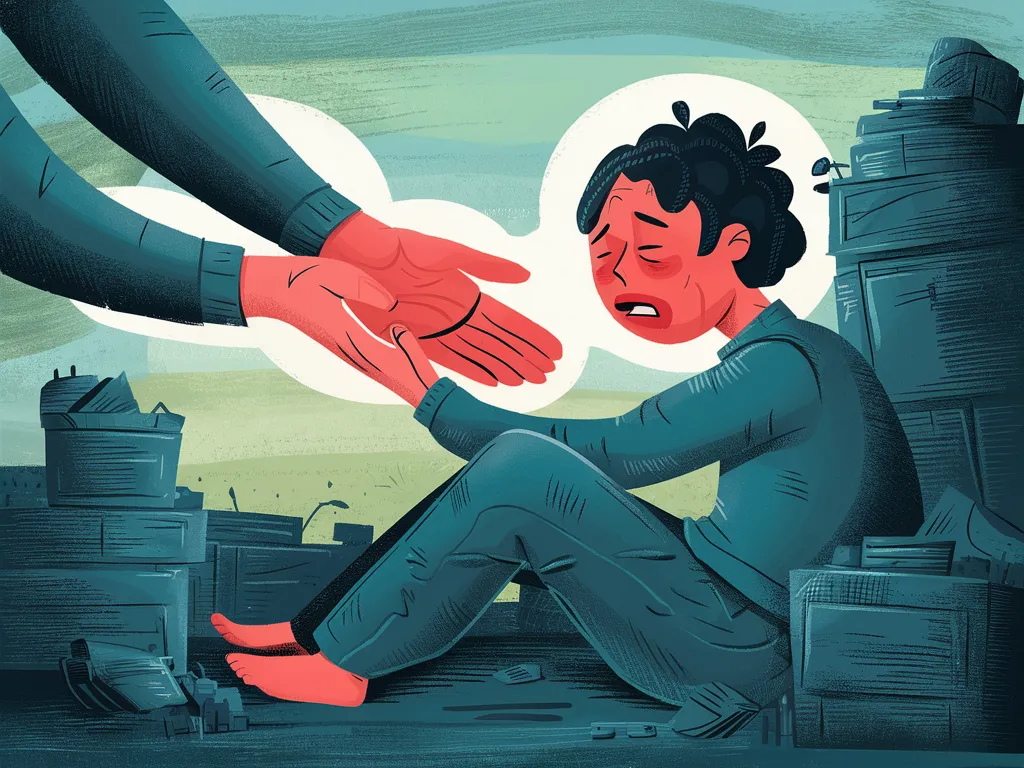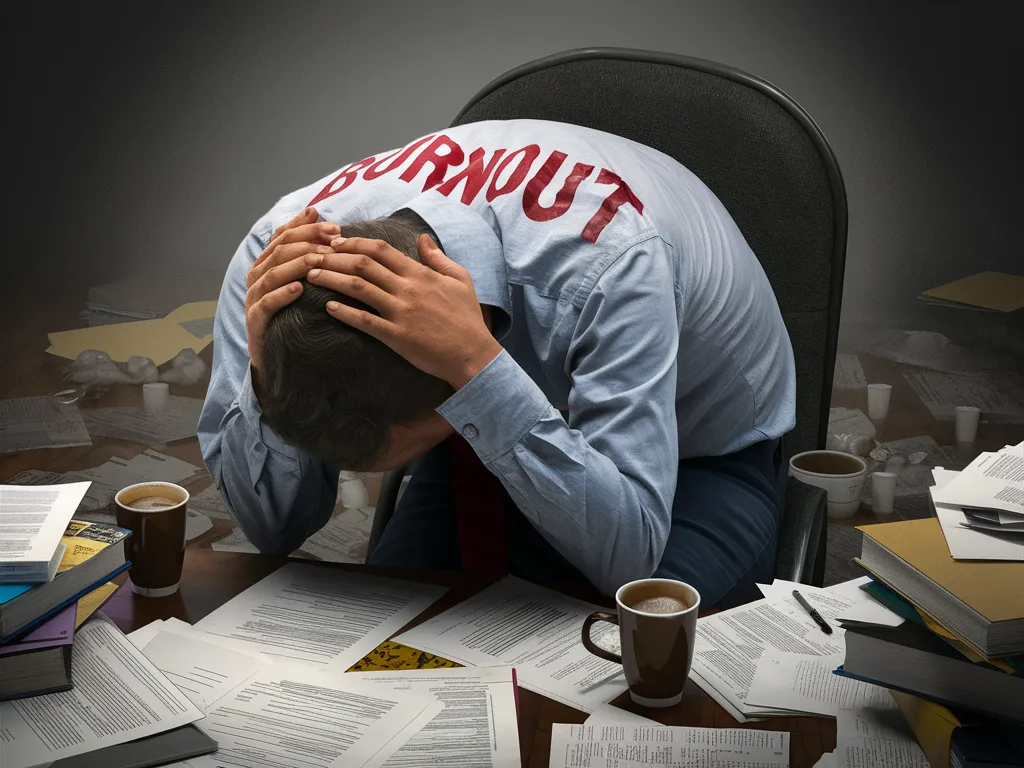Share This Article
Oh no, there are those first symptoms again! Although burnout can be experienced differently by everyone, most of us ‘recovering’ are familiar with the horror of relapse.
Sometimes the complaints during a relapse are so intense that it can cause a ‘new’ fear: the fear of relapse. For example, you can become stressed or panicky when you feel like you are losing control or when you feel the first symptoms of overload coming on again. Being afraid of relapsing can even hinder your recovery if it prevents you from getting off the couch.
Today I want to share these mindsets with you. These mindsets have helped me deal with this reluctance.
Mindsets

1. Give yourself time to discover what you need.
I can now write a manual with ‘tools’ that you can use to promote your recovery. Yet I have learned that it doesn’t matter what you do, sometimes your body just needs time. Time to relax and time to replenish those energy reserves. Recovery is not just about your energy reserve, it is also about what you tackle on a personal level. External factors such as energy drainers, but also internal factors such as perfectionism.
Especially at the beginning of my burnout, I wanted to do it much too quickly. After six months I had already declared myself cured and was ready to put that miserable experience behind me for good. Boy, was I wrong… After I was reprimanded by a relapse, I had to start over again. A year later I made the exact same mistake: I wanted too fast.
Also read: Why Self-love Starts With Recognizing Your Limits
From that moment on it became clear to me how great the impact of a burnout actually is. I started to look at the recovery process in a different way. It feels like the burnout has left a scar. Even now I notice that my resilience is not what it used to be. If I’ve had a busy week, it feels like I have to pay the bill the next few days. I am learning to feel better and better what my body and mind needs.
Where I was previously keen on getting better and was constantly running ahead of myself, I now give myself the time to discover what I need at the moment. The moment I feel the first symptoms coming on again, I don’t get stressed, but I stop what I am doing and start doing what I now know helps me.
2. Trust that things will work out.

I can clearly remember that during a relapse I was inclined to look for solutions and explanations. I now know that I have to give myself more time to get stronger. But when a burnout lasts a long time, your courage can sometimes fail. You wonder if you will ever be the same again or if you will always feel this way.
Of course, I have also had moments when I just couldn’t remember. Yet I always believed that I would get better again. I am sure that this rock-solid confidence has never stopped me from continuing to recover each time. Having confidence in yourself is an incredibly important aspect of recovering from burnout. This trust also makes it easier to give yourself time to recover, it can prevent depression (a common complaint) and instead of worrying about whether you will ever get better, you start looking. what fun things you can do now.
Also read: My Journey to Recovery: How I Ultimately Overcame Burnout
3. Embrace your burnout and stand in your strength.
In addition to giving yourself time and having the confidence that recovery is a process that will work itself out, there is something else I want to give you. Something I continually encountered during my recovery was that I had to accept the burnout. I find the term ’embrace’ much nicer and more appropriate.
The moment I embraced my situation, everything changed. Even before I came home, I no longer got any meaning from my work. I was often tired, irritable and increasingly had the feeling that I was not doing my job properly. Once I burned out I felt unsafe and insecure. After a few weeks I was fed up, I didn’t want to wait until I felt like my old self again. No, I immediately started making changes. I remember well how great the need was to feel powerful and confident. That started with walking and strength training, which made me physically stronger. This made me dare to do more and more and made me want to work again.
When I slowly started to pick up some work, uncertainty and fatigue struck again. It quickly became clear to me that I had a job that absolutely did not suit me and I resigned. Once home I decided to only do things I was good at. That not only gave me energy but also self-confidence. Little by little I felt myself getting stronger mentally. The choice to stand in my strength has made me more resilient to stress and enabled me to embrace my burnout. By only doing things you enjoy, it is easier to accept the fact that you need time. This way I managed to make the best of the situation.
Also read: How haptotherapy helped me recover from my burnout
P.S. Are you already following Gistinger.com on Facebook and Instagram ?


